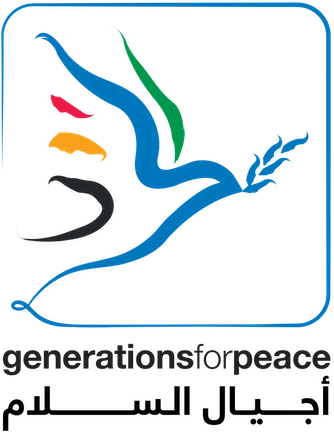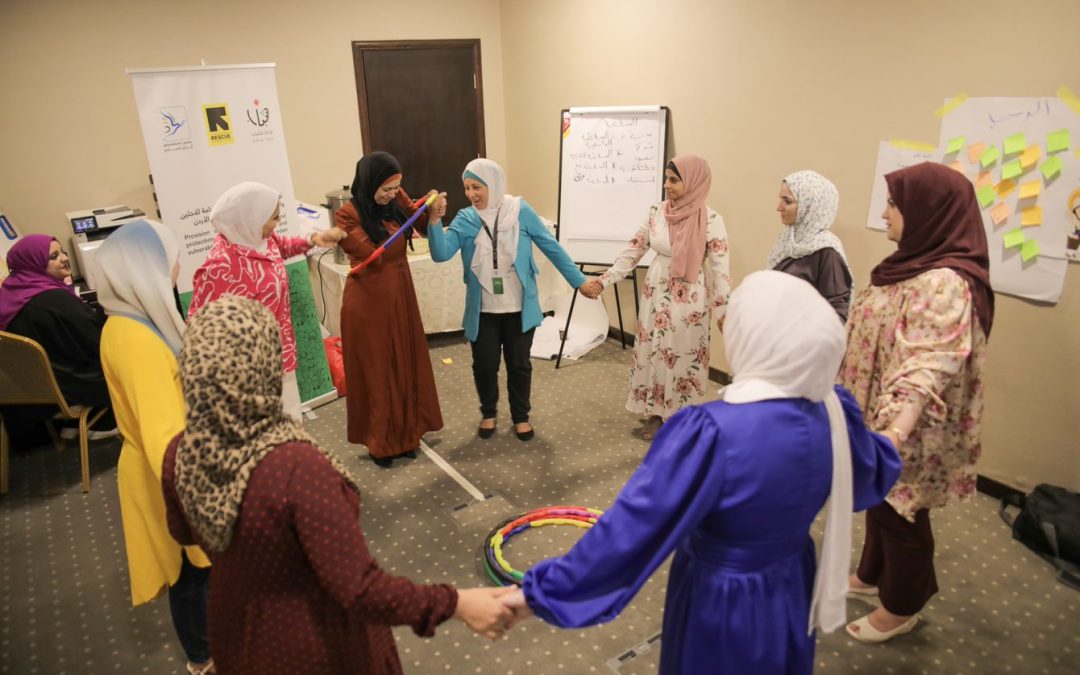August 2023, Amman, Jordan: Generations For Peace (GFP) and the International Rescue Committee (IRC) have established a new partnership under the “Provision of sustainable health and protection services to refugees and vulnerable host communities in Jordan” Programme, in strategic partnership with the Ministry of Youth (MoY) and Ministry of Education (MoE).
For its role in the two-year Programme, GFP will implement a series of trainings, activities, and awareness sessions to MoY staff and MoE teachers, youth volunteers, adolescents, and mothers, at youth centres and schools in Ajloun and Al Ghour.
Integrating its Sport and Arts For Peace curriculum with IRC’s Women Protection and Empowerment (WPE) and Gender-Based Violence (GBV) interventions, GFP will provide support to 2,040 Syrian and Jordanian beneficiaries, particularly women and girls in host comunities, to enhance their safety, protection and access to support.
Commenting on this new partnership, GFP President Dr Mohanned Arabiat said, “We are honoured to expand our partnerships with stakeholders dedicated to working in the sustainable health and protection sector. Together with IRC, we are committed to enhancing social cohesion and protection among Syrian refugees and host communities, with a specific focus on women and girls. We look forward to seeing the positive impact of this programme as the first step towards a fruitful and long-standing partnership.”
Adding to this, IRC Country Director, Nivedita Monga, said, “We are delighted to partner with GFP to ensure that those most in need are able to benefit from lifesaving and life-changing interventions. The IRC works in close alignment with government policies and priorities and this collaboration seeks to build on the good work being done by our partners and allies like GFP, MoE and MoY.”
The “Provision of sustainable health and protection services to refugees and vulnerable host communities in Jordan” Programme, implemented by IRC and partners, integrates health services to improve community access to Non-Communicable Diseases and secondary obstetric health services to ensure that women and girls are safe and receive support. These activities will reach 33,994 direct beneficiaries, including women, girls, men, and others at risk of Gender-Based violence (GBV) and survivors of GBV.


